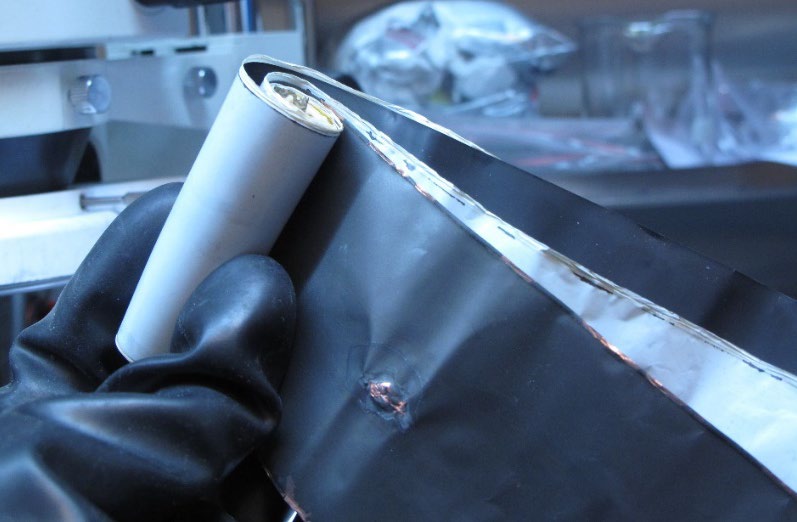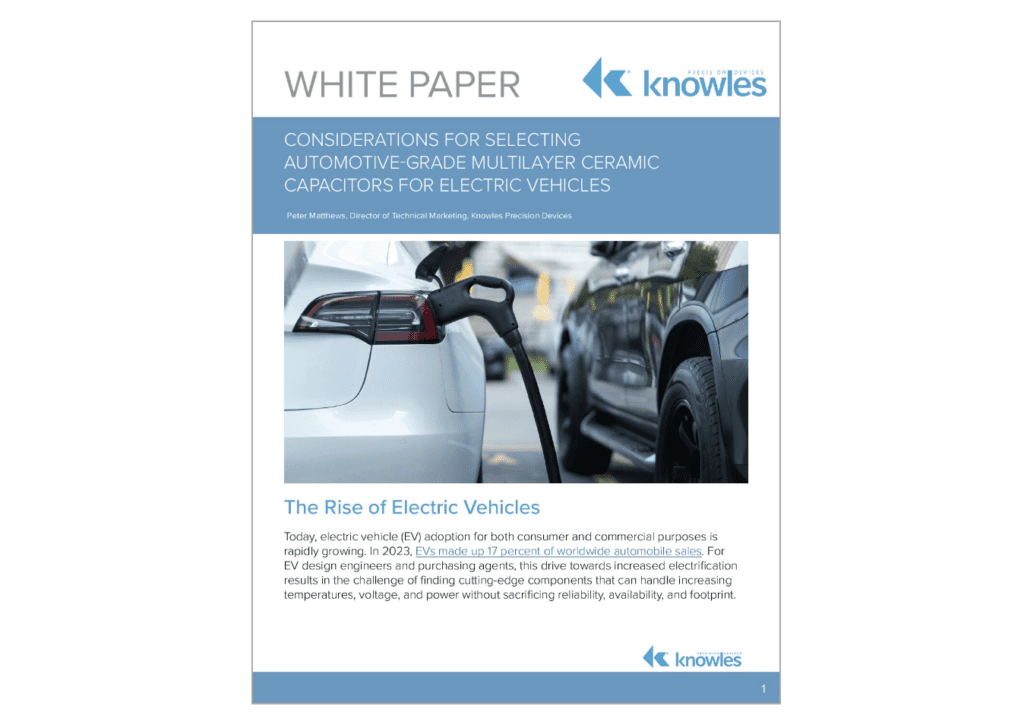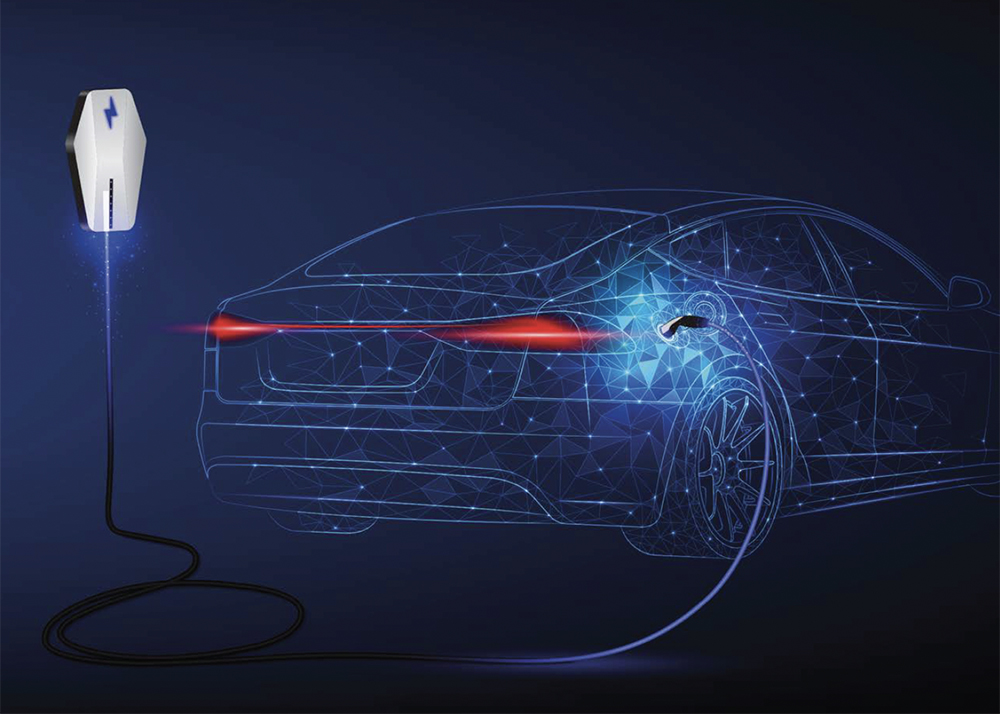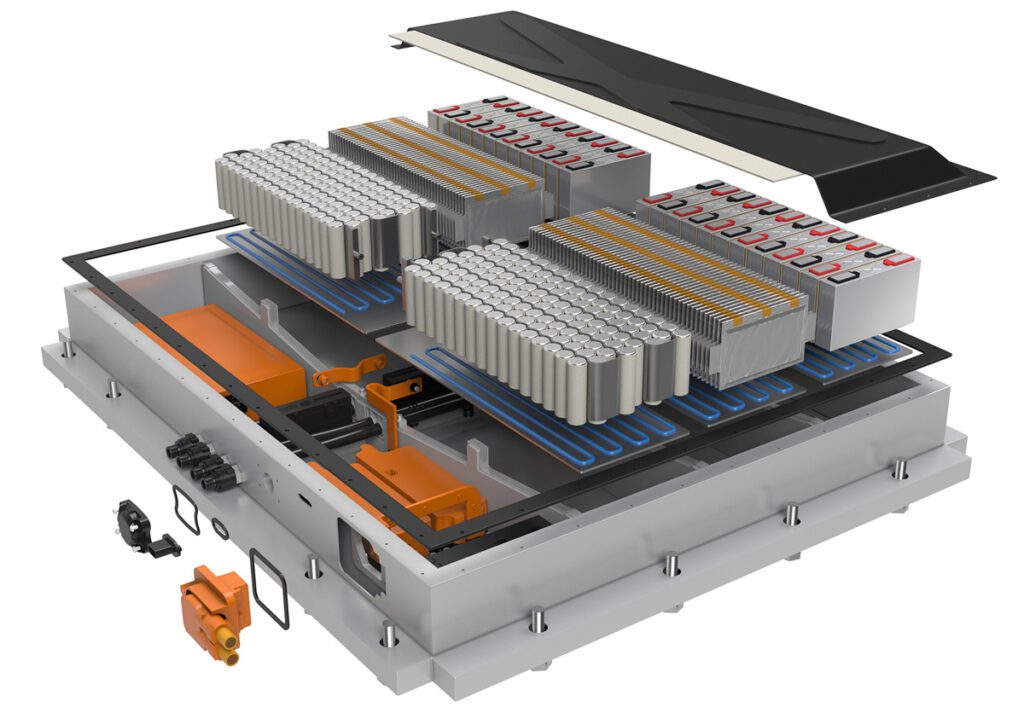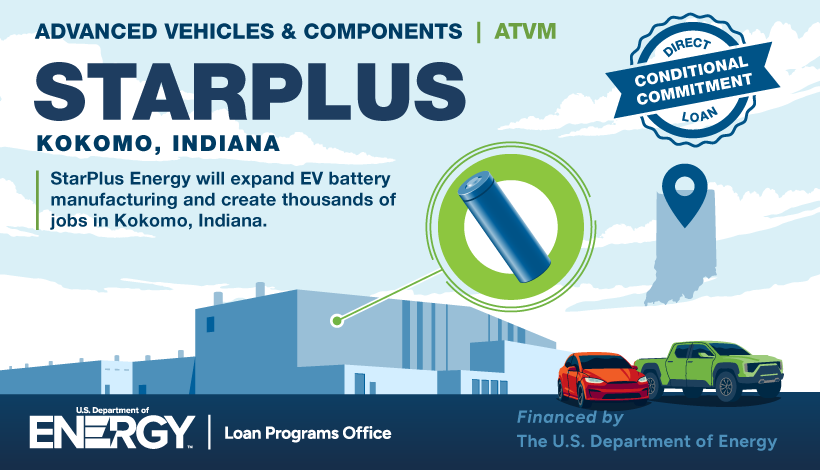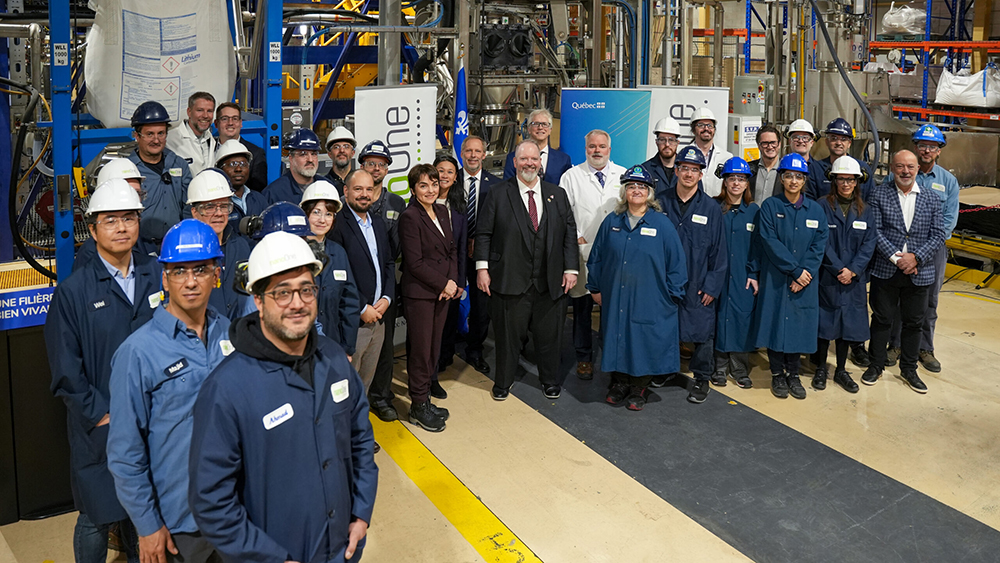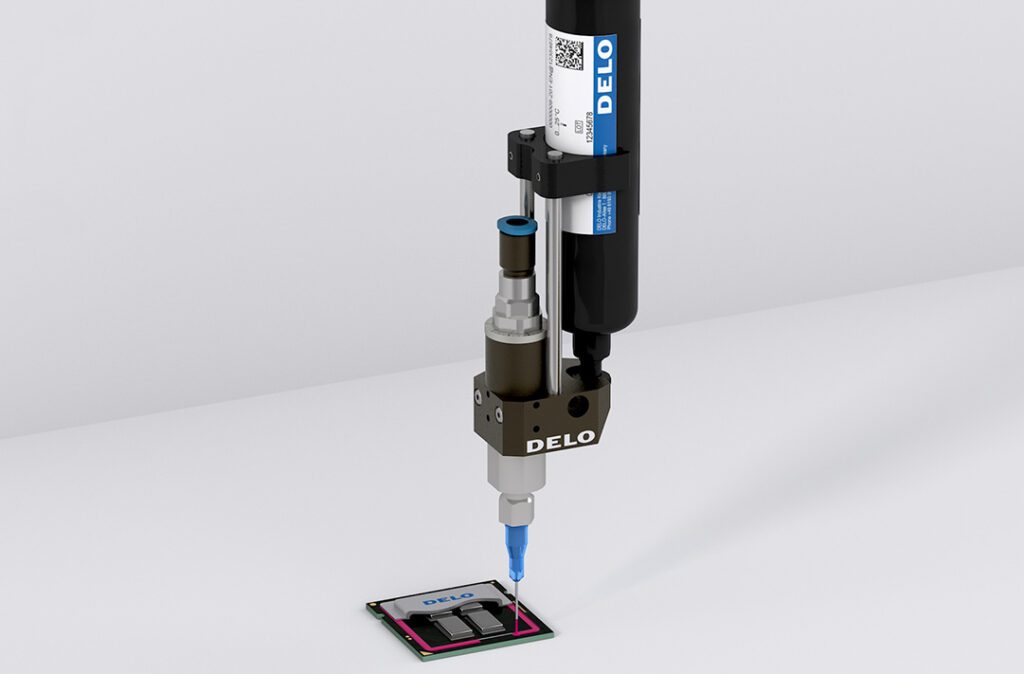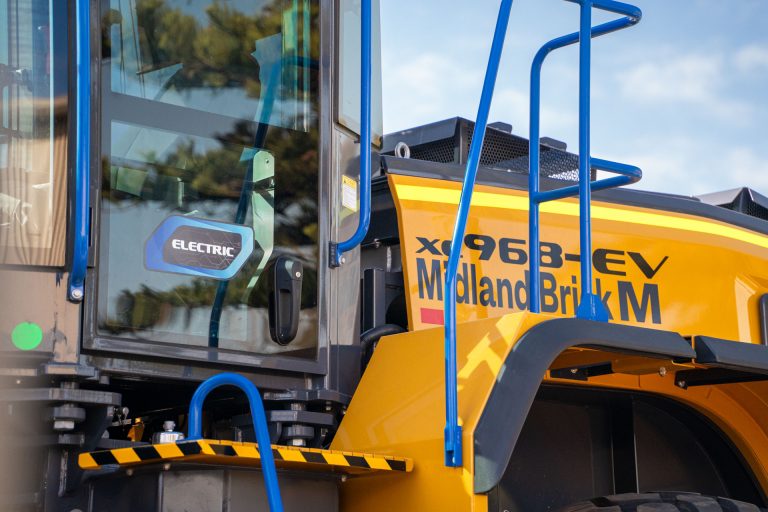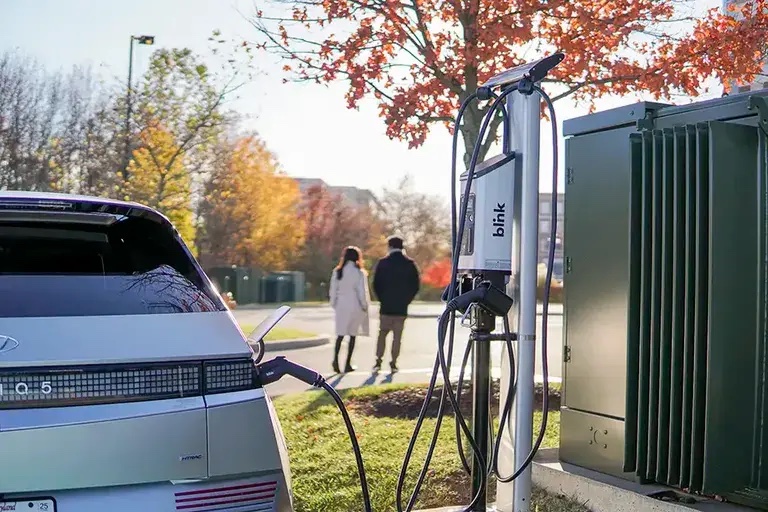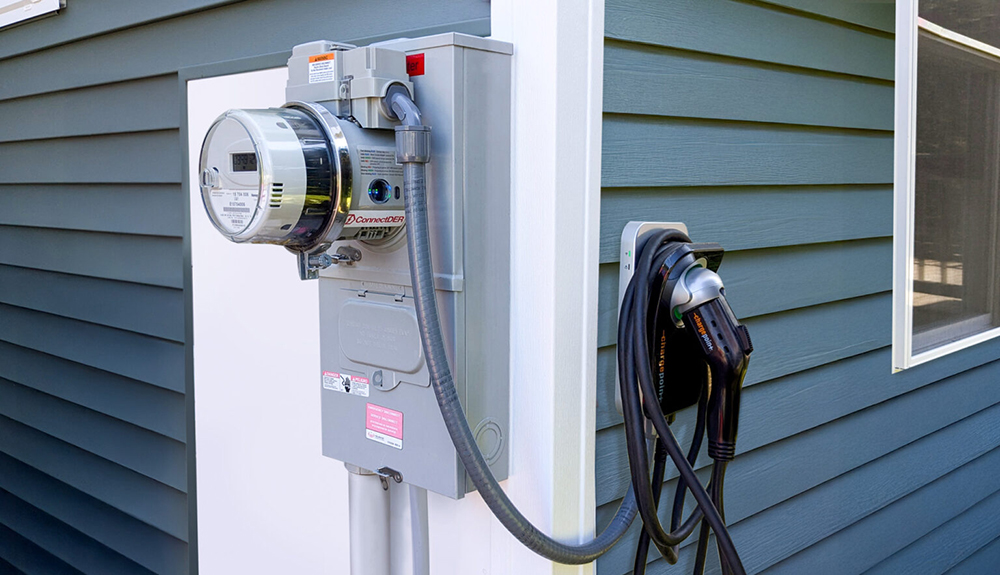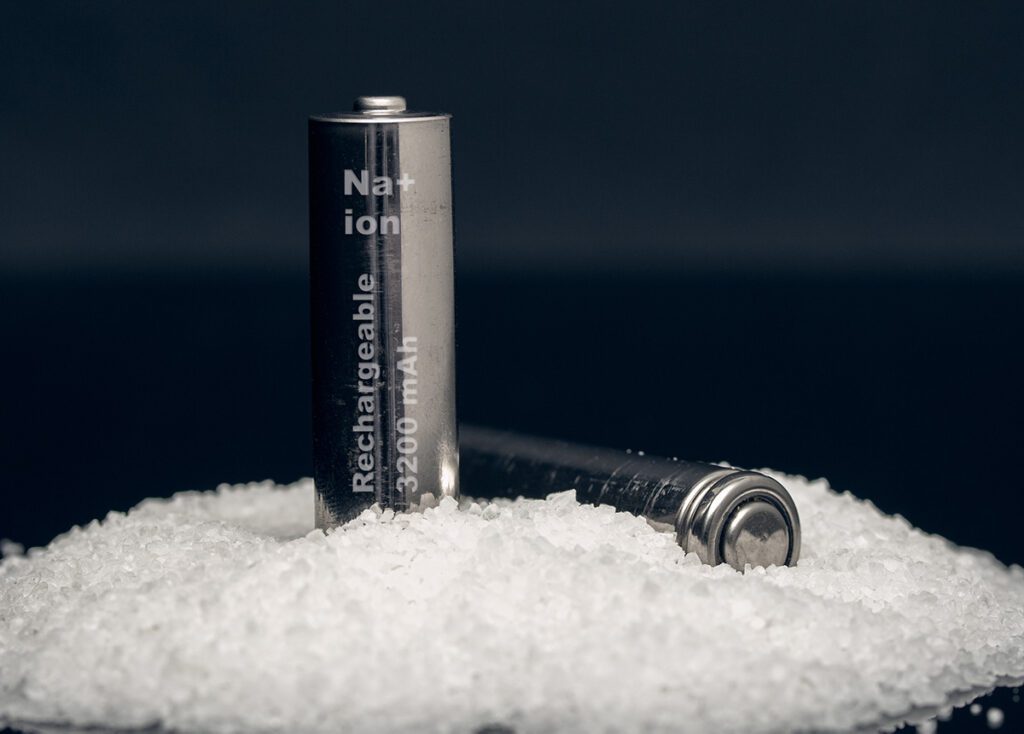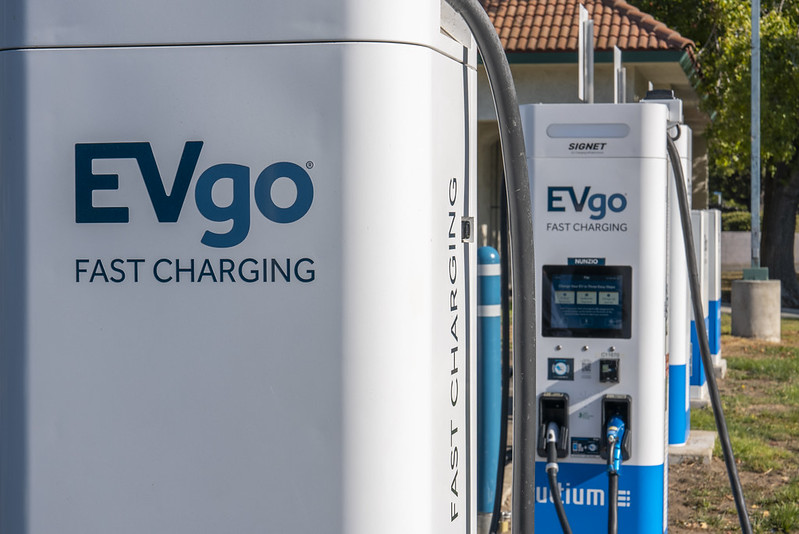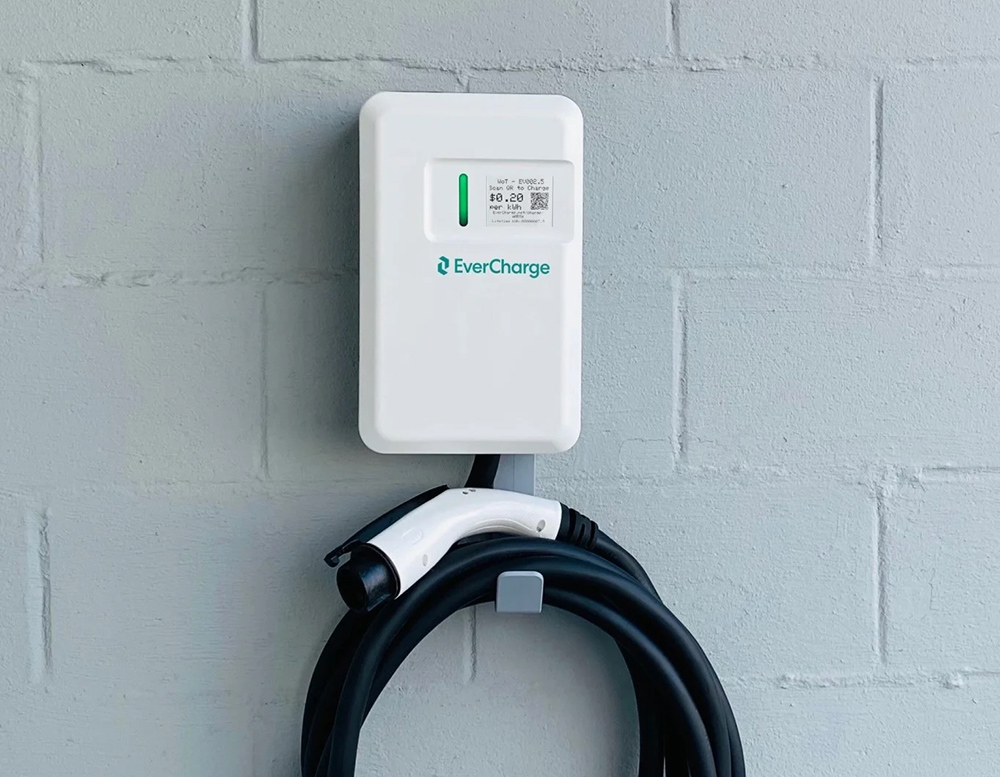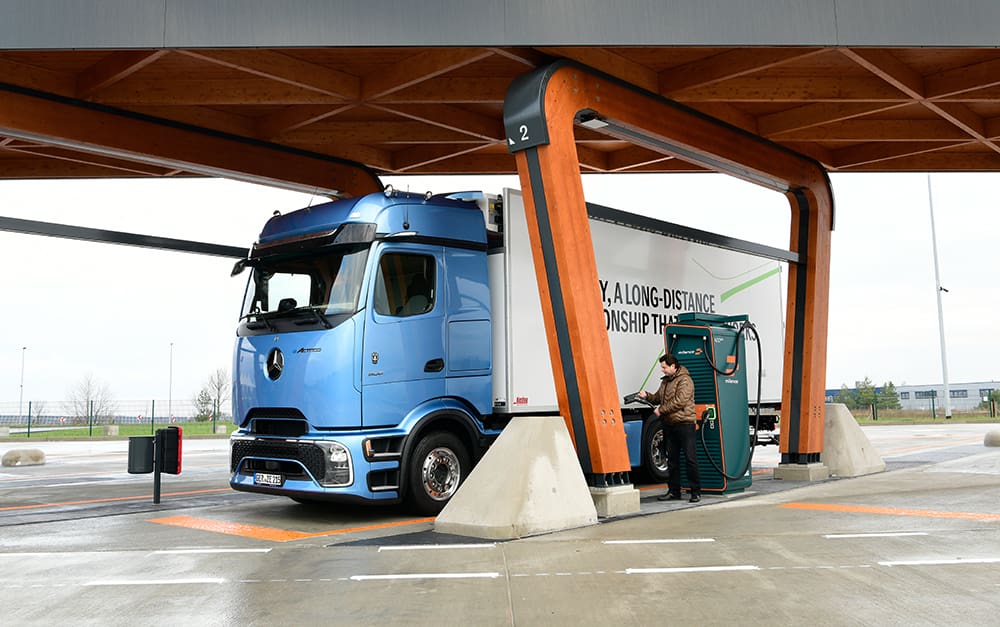Ford’s goal is to reduce the weight of new cars and trucks by up to 750 pounds by the end of the decade, and carbon fiber components could be a big part of their strategy.
Dow Automotive Systems and Ford have signed a joint development agreement under which the two companies’ researchers will collaborate to establish an economical source of automotive-grade carbon fiber and to develop manufacturing methods for high-volume automotive applications. Carbon fiber composites have been used in aerospace and racing cars for decades due to their combination of high strength and low mass, but until recently they’ve been too costly for use in high-volume mainstream applications.
Faced with tough new fuel efficiency standards, automakers are hustling to find ways to make vehicles lighter. Ford’s goal is to reduce the weight of new cars and trucks by up to 750 pounds by the end of the decade, and carbon fiber components could be a big part of their strategy. For EVs, of course, less weight means more range.
“There are two ways to reduce energy use in vehicles: improving the conversion efficiency of fuels to motion and reducing the amount of work that powertrains need to do,” said Paul Mascarenas, Ford’s Chief Technical Officer. “Ford is tackling the conversion problem primarily through downsizing engines with EcoBoost and electrification while mass reduction and improved aerodynamics are keys to reducing the workload. Reducing weight will benefit the efficiency of every Ford vehicle. However, it's particularly critical to improving the range of plug-in hybrid and battery electric vehicles.”

























